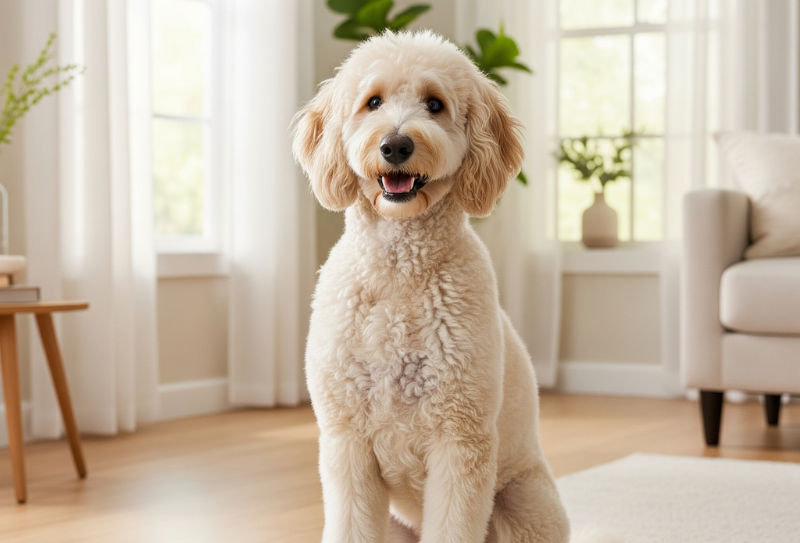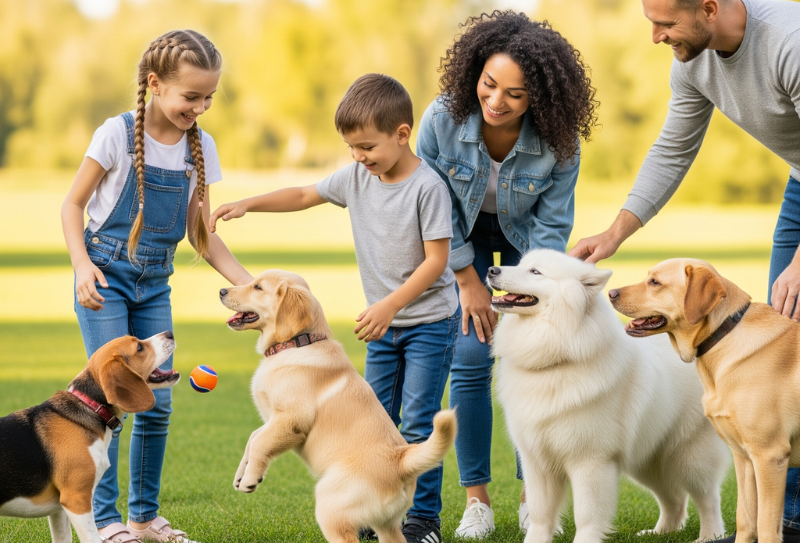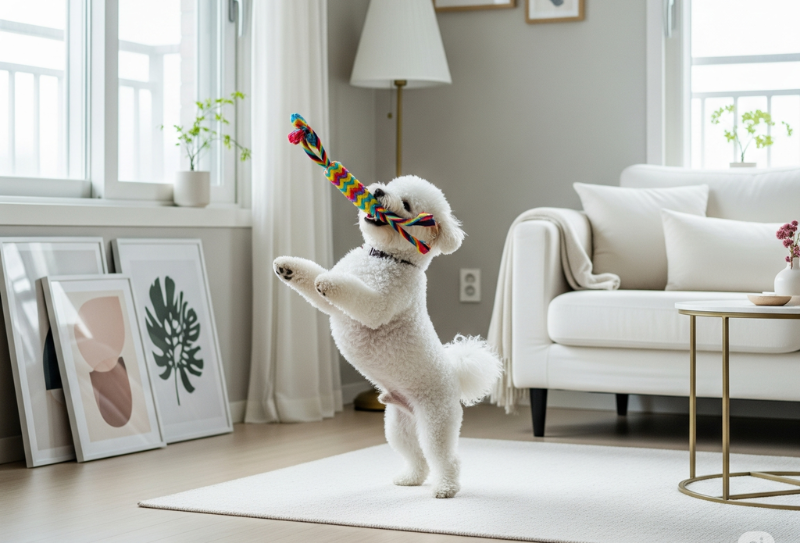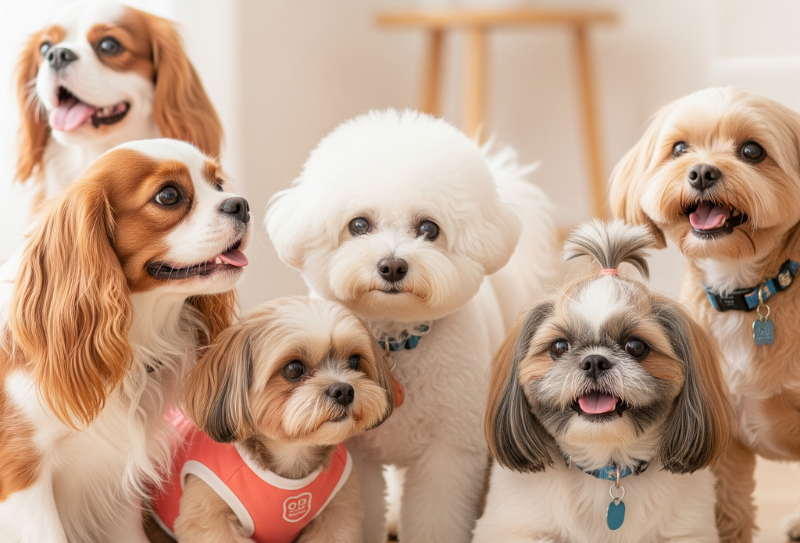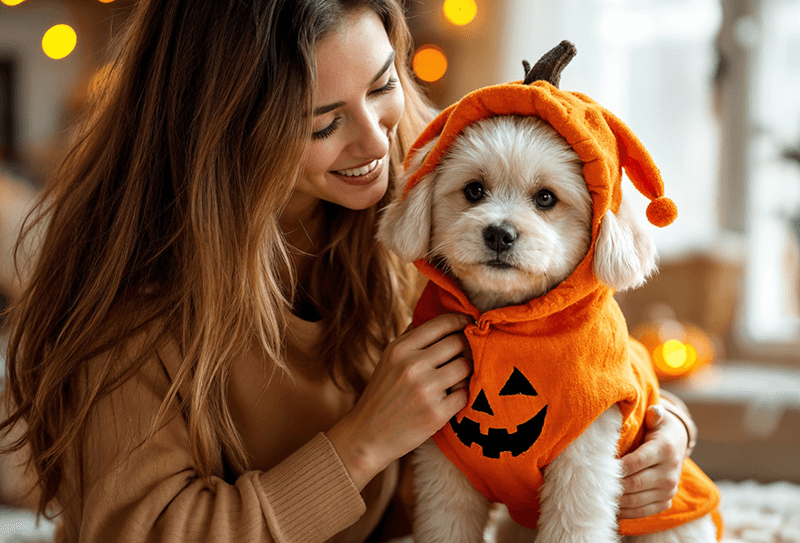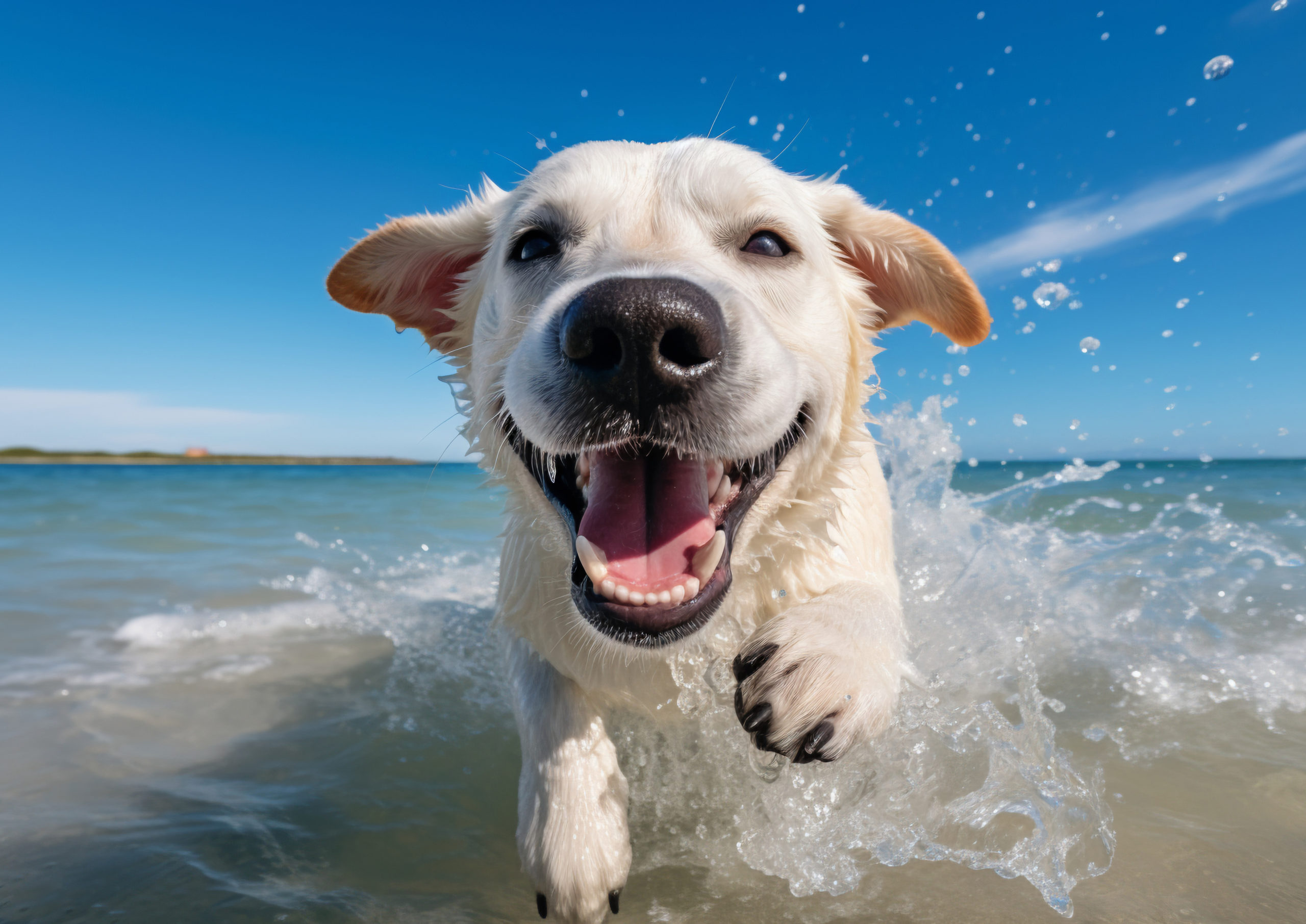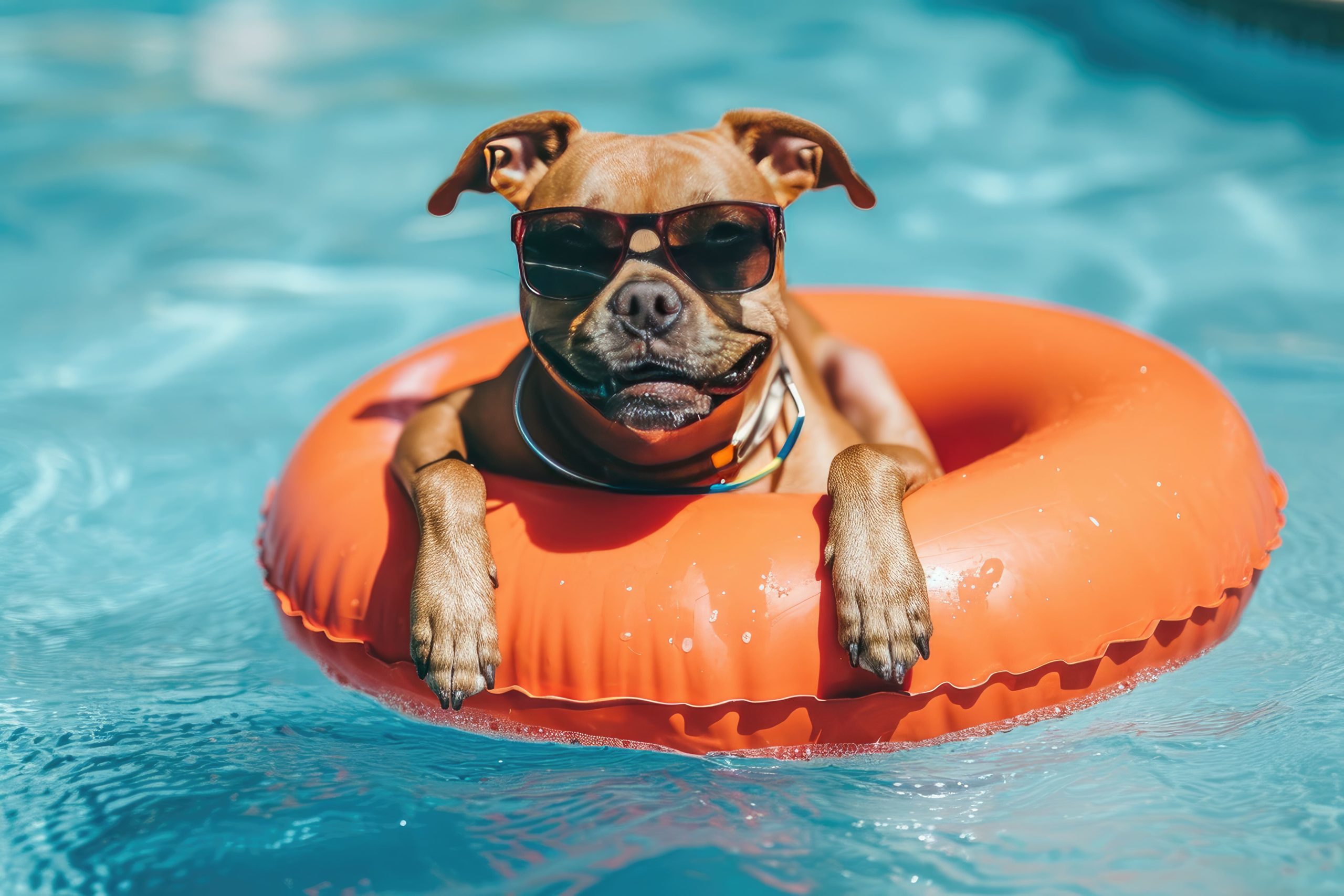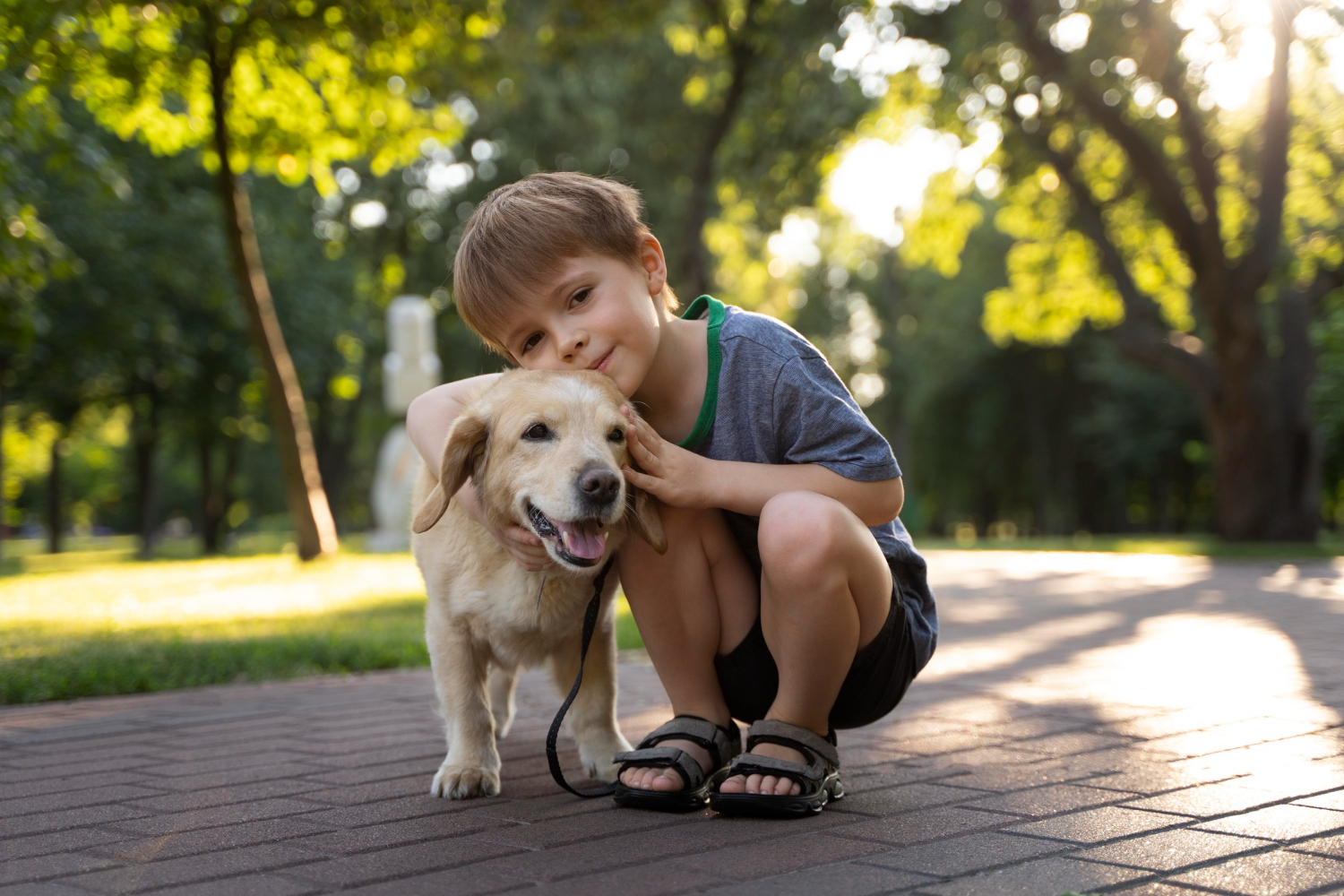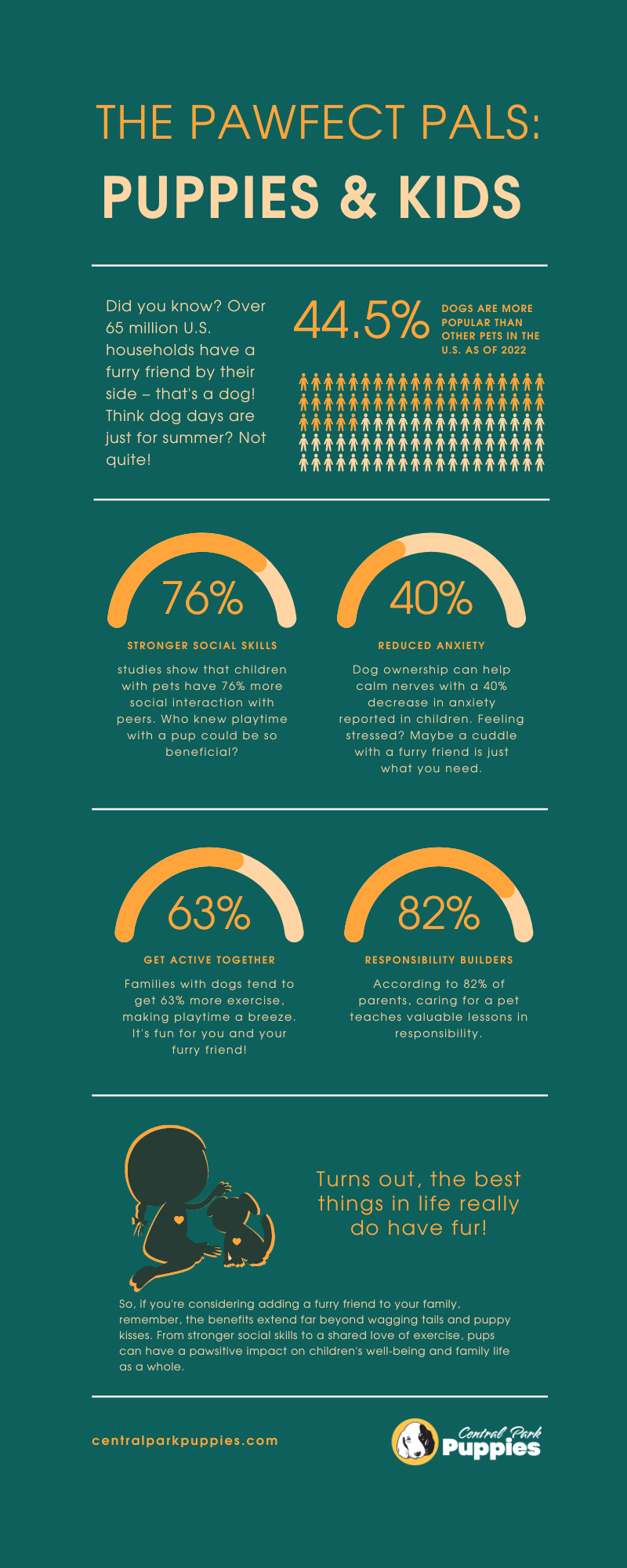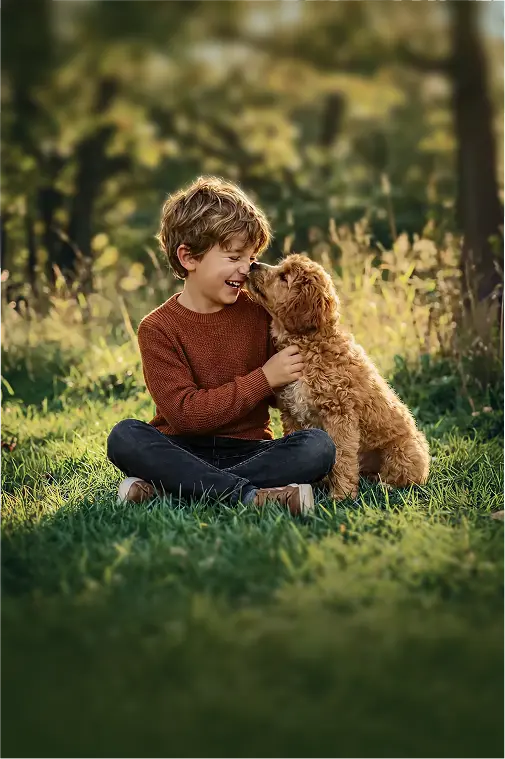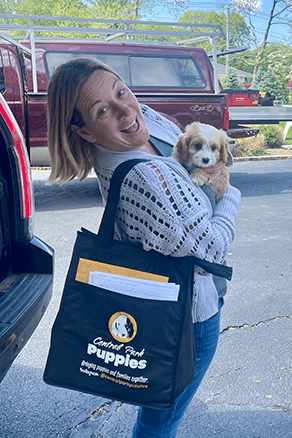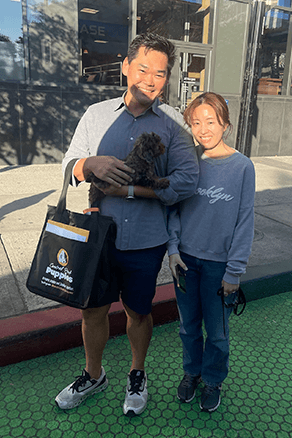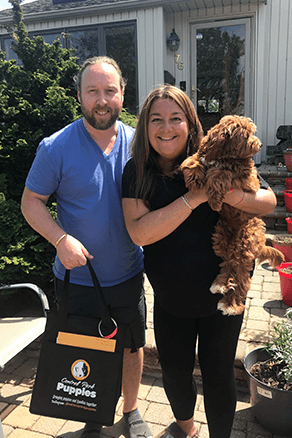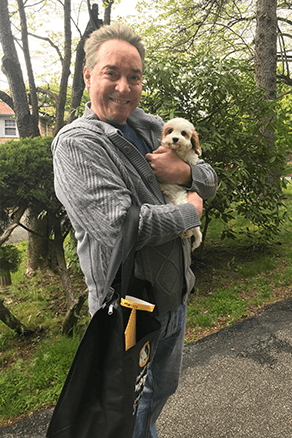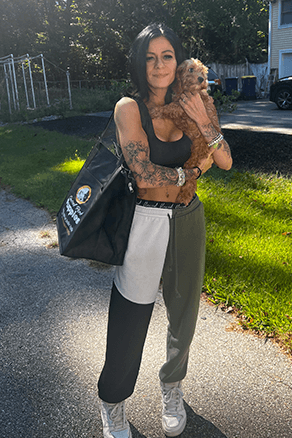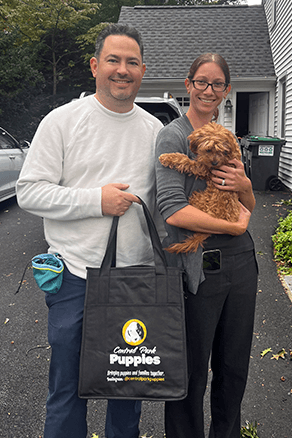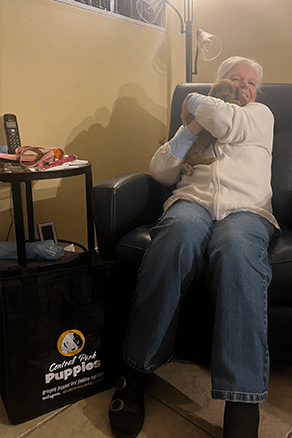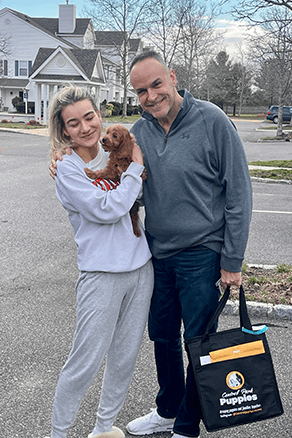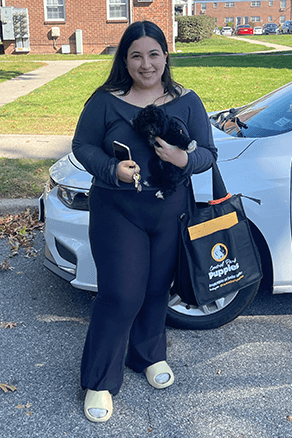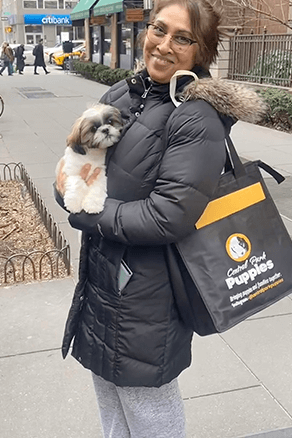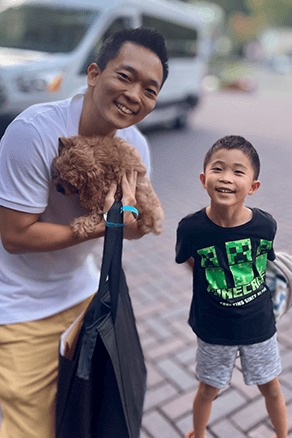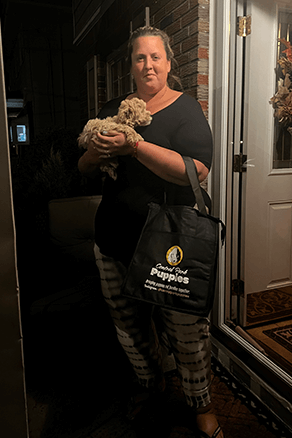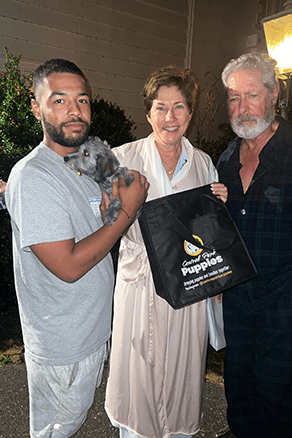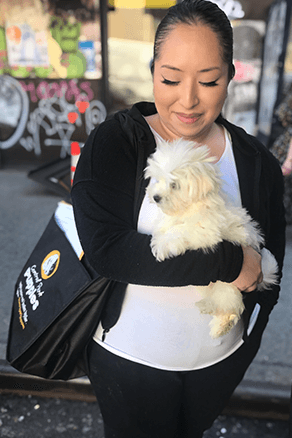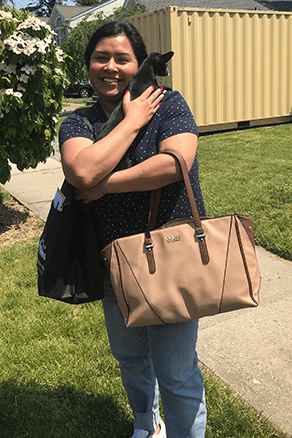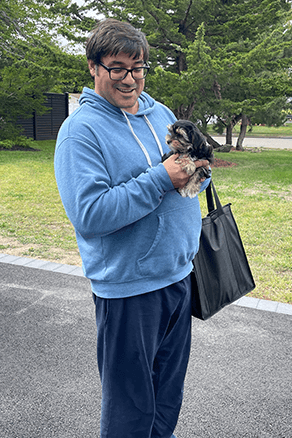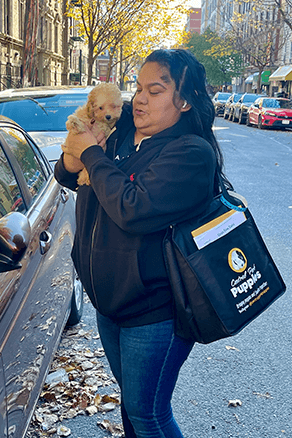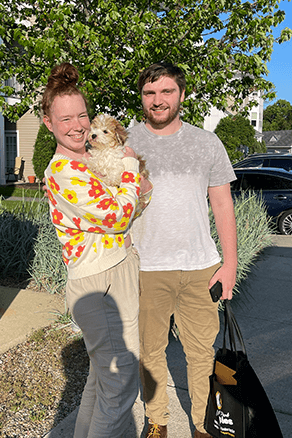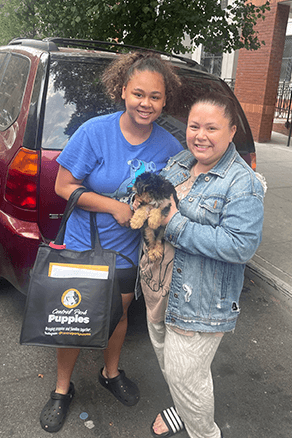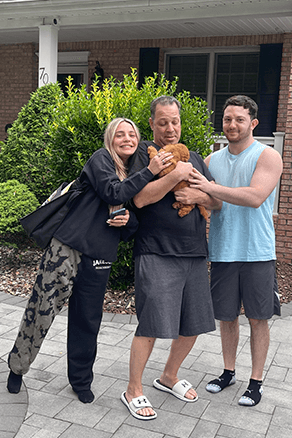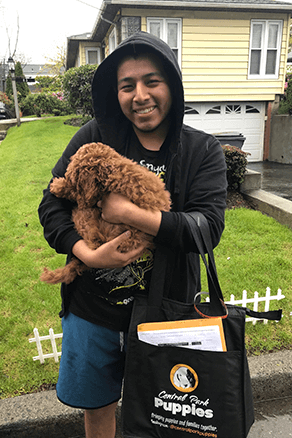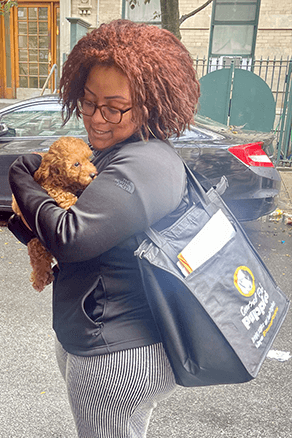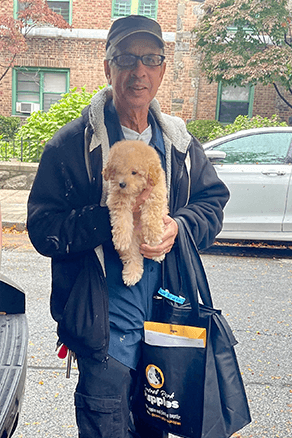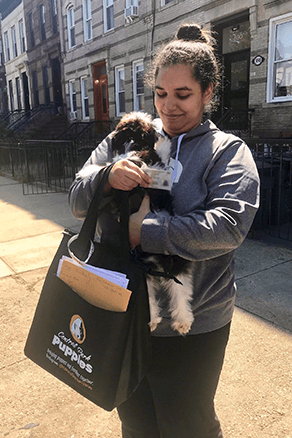Do you dream of having a dog but worry about sneezing, itchy eyes, and other allergic reactions? You are not alone. The great news is that you don’t have to give up on your dream. Hypoallergenic dogs produce less dander, the primary trigger for pet allergies, making it possible for many allergy sufferers to enjoy dog ownership. At Central Park Puppies, we have a fantastic selection of low-shedding breeds perfect for your home. ..
What Does “Hypoallergenic” Really Mean?
While no dog is 100% allergen-free, hypoallergenic breeds have a predictable, non-shedding coat that produces significantly less dander. This means fewer allergens are released into the air and around your home, drastically reducing the chances of an allergic reaction.
Our Top Hypoallergenic Breeds for Allergy Sufferers
1. Poodle (All Sizes)
The Poodle is the original hypoallergenic dog. Their curly, single-layer coat of hair does not shed like fur, trapping dander effectively. They are also incredibly intelligent and come in Toy, Miniature, and Standard sizes to fit any lifestyle. Whether you want a tiny companion or a large, active partner, there’s a Poodle for you.
- The ultimate dog for allergy sufferers. Shop our available Poodle puppies for sale!
2. Goldendoodle (Golden Retriever × Poodle)
This beloved crossbreed is a top choice for a reason. Goldendoodles inherit the Poodle’s low-shedding coat along with the Golden Retriever’s famously friendly and reliable nature. They are a fantastic choice for families who need an allergy-friendly pet that’s great with kids.
- The perfect family-friendly, low-shedding dog. Find your Goldendoodle puppy here!
3. Labradoodle (Labrador Retriever × Poodle)
Similar to the Goldendoodle, the Labradoodle is an intelligent, sociable, and low-shedding companion. They are ideal for active owners and families with allergies who want a fun-loving and trainable dog that won’t leave hair all over the furniture.
- Find an active and allergy-friendly friend. Explore our Labradoodle puppies for sale.
4. Maltipoo(Maltese × Poodle)
This charming crossbreed is small, affectionate, and has a soft, low-shedding coat, making it a perfect lap dog for those with allergies. They combine the gentle spirit of the Maltese with the intelligence of the Poodle, resulting in a delightful and easy-to-manage companion.
- A perfect, allergy-friendly companion. See our adorable Maltipoo puppies today.
5. Schnoodle (Schnauzer × Poodle)
The Schnoodle is a smart, charming hybrid that blends the playfulness of the Schnauzer with the brains of the Poodle. Both parent breeds have low-dander, low-shedding coats, making the Schnoodle an excellent choice for people looking to keep allergies at bay.
- Discover this smart and charming hybrid. Check out our Schnoodle puppies for sale!
6. Havanese
If you prefer a purebred option, the Havanese is a wonderful choice. This national dog of Cuba has a long, silky coat that is surprisingly low-shedding and produces very little dander. These cheerful and playful dogs are a great fit for allergy sufferers who want a constant companion.
- Looking for a cheerful, hypoallergenic friend? Explore our Havanese puppies.
Conclusion
Allergies don’t have to be a barrier to experiencing the joy of dog ownership. By choosing one of these incredible hypoallergenic breeds, you can find a loving companion that will fit perfectly and comfortably into your home.
- Ready to find your sneeze-free friend? Browse our full selection of hypoallergenic puppies for sale and start your journey today!
